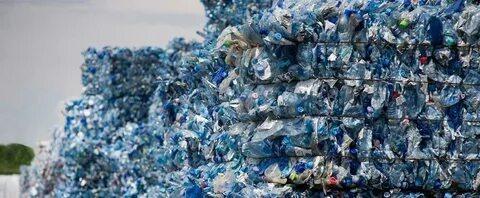US Recyclate PET Market Trends & Opportunities: Demand, Segmentation & Growth

DataM Intelligence’s latest report, “Recyclate PET (rPET) Market Size, Share, Industry, Forecast & Outlook (2024–2031)”, examines the accelerating shift toward sustainable packaging, textile fibers, and consumer goods production through the adoption of recycled polyethylene terephthalate (rPET). The market is witnessing robust expansion in 2025, driven by global sustainability commitments, government mandates on plastic recycling, and increased consumer awareness about circular economy principles. The worldwide demand for recycled PET is projected to grow steadily through 2031 as industries transition from virgin plastics toward cost-efficient and eco-friendly alternatives.
👉 Download Your Sample Report Instantly (Corporate Email ID required for priority access):https://www.datamintelligence.com/download-sample/recyclate-pet-market?sai-v
Market Segmentation Insights
The Recyclate PET Market is segmented by Source (Bottles, Films, Fibers, Others), by Grade (Food-Grade, Non-Food Grade), by Application (Packaging, Textiles, Construction Materials, Automotive Parts, Consumer Goods), and by Region (North America, Europe, South America, Asia-Pacific, Middle East & Africa).
-
Bottles remain the dominant source of recycled PET due to well-established collection systems and strong beverage industry participation in recycling initiatives.
-
Food-grade rPET demand is growing rapidly in beverage packaging, supported by advances in purification technologies and regulatory approvals from agencies such as the FDA and EFSA.
-
Textiles represent a key secondary growth area, with rPET fibers increasingly used in apparel, upholstery, and industrial fabrics.
As brands and converters prioritize sustainability, the integration of rPET into packaging and textile applications continues to accelerate, supported by closed-loop recycling partnerships.
Regional Insights
North America remains one of the leading markets, particularly the USA, where extended producer responsibility (EPR) policies, corporate recycling pledges, and strong investments in mechanical and chemical recycling infrastructure are driving growth. The U.S. beverage and consumer goods sectors are at the forefront, targeting higher post-consumer recycled (PCR) content in packaging.
Europe maintains its leadership position due to strict circular economy legislation and single-use plastic directives. Countries like Germany, France, and the UK are rapidly transitioning to 100% recyclable or recycled plastic packaging.
Asia-Pacific—led by China, India, and Japan—is emerging as the fastest-growing region. Rising industrialization, recycling capacity expansion, and government initiatives to curb plastic waste are fueling large-scale adoption. Japan’s strong recycling framework and emphasis on material recovery efficiency make it a key innovator in the rPET supply chain.
Industry Trends & Recent Developments (2025)
-
Major beverage brands (Coca-Cola, PepsiCo, Nestlé) have expanded commitments to use over 50% recycled content in packaging by 2030.
-
Chemical recycling technologies such as depolymerization are gaining traction for high-purity rPET production, complementing mechanical recycling.
-
U.S. recyclers are increasing capacity investments to meet growing demand for domestic feedstock and reduce export dependency.
-
Japanese manufacturers are collaborating on high-performance rPET fibers for automotive interiors and performance textiles.
-
Global partnerships between packaging producers and recycling startups are fostering closed-loop ecosystems for PET recovery.
Competitive Landscape: Key Players
Leading companies include Indorama Ventures, Placon, ALPLA Group, Clear Path Recycling LLC, Phoenix Technologies International LLC, Plastipak Holdings, Loop Industries, and Evergreen Plastics. These players are actively investing in advanced recycling facilities, chemical depolymerization technologies, and vertically integrated supply chains to secure raw material availability and ensure product traceability.
Strategic Outlook
The Recyclate PET Market is evolving from a waste management initiative into a core sustainability-driven industry. Manufacturers that can deliver consistent quality, food-grade rPET with traceable sourcing and lower carbon footprints will gain competitive advantage. The global shift toward sustainable packaging and textile production is transforming rPET from a cost consideration into a brand reputation driver.
Key strategic priorities through 2031 include:
-
Expanding chemical recycling capabilities to complement traditional mechanical processes.
-
Enhancing collection and sorting efficiency via AI-driven systems.
-
Strengthening supply chain transparency and certification for sustainable materials.
-
Partnering with governments and NGOs for community-level plastic recovery initiatives.
Research Process
DataM Intelligence’s analysis integrates both top-down and bottom-up market estimation, incorporating regulatory trends, company financials, technology assessments, and sustainability benchmarks. The study provides detailed market sizing, segmentation, and forecasting from 2024 to 2031 across all major regions and applications.
Benefits of the Report
-
Helps manufacturers identify high-growth rPET sources and applications.
-
Supports packaging and textile brands in understanding regional recycling policies.
-
Guides investors toward emerging opportunities in recycling technology.
-
Provides insights into supply chain optimization and sustainability compliance.
-
Enables policymakers to assess the impact of recycling mandates and global trade flow changes.
Conclusion
The global Recycled PET Market is entering a phase of strong, sustainability-led growth as industries align with circular economy models and low-carbon goals. With surging demand from the packaging and textile sectors, and as both developed and emerging economies expand recycling infrastructure, rPET is positioned to play a central role in sustainable material transformation through 2031. Companies that innovate in chemical recycling, expand regional capacities, and ensure compliance with food-grade and environmental standards will shape the future of this rapidly growing market.
Contact Us
Company Name: DataM Intelligence 4Market Research LLP
Contact Person: Sai Kiran
Email: Sai.k@datamintelligence.com
Phone: +1 877 441 4866
Website: www.datamintelligence.com
- الاقتصاد والتجارة
- فن
- كورسات
- الحرف اليدوية
- الطعام والشراب
- الألعاب والترفيه
- الصحة
- تكنولوجيا
- أخرى
- دين
- رياضة


